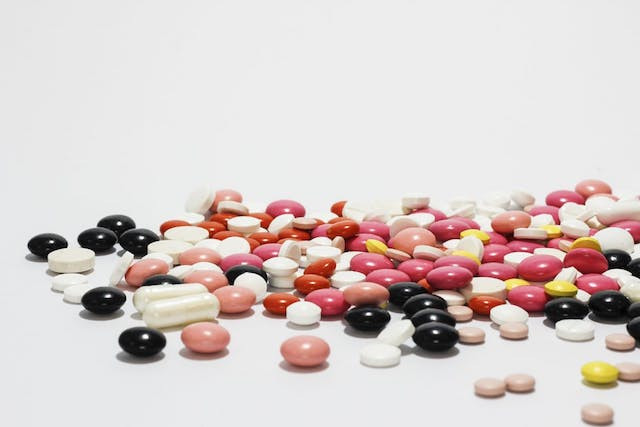A total of 421 calls were made to the centre in 2016, compared to 382 in 2015, the same year the Luxembourg government signed the agreement with the Belgian centre.
More than 90% of the calls were in 2016 were “conventional”, meaning callers were requesting information after contact with a product. Of those calls, roughly two-thirds were from public/health professionals, mainly from hospitals.
The majority of cases involve children (69.7%), followed by adults (29.6%) and animals (2.5%).
According to the report, the “vast majority” of calls placed followed an accident, and when it came to poisoning, accidents occurring in a domestic setting (house, garden) were the cause of 90% of the calls.
Health minister Lydia Mutsch anticipates the intensification of the collaboration over the years to come and stated that the report “will allow us to communicate in a more targeted manner about the free access to the poison centre’s services”. An information campaign should be forthcoming.
Anyone who needs an urgent question answered concerning contact or ingestion of a potentially dangerous product (including plants or mushrooms) can contact the poison control hotline 24/7 on 8002-5500.
